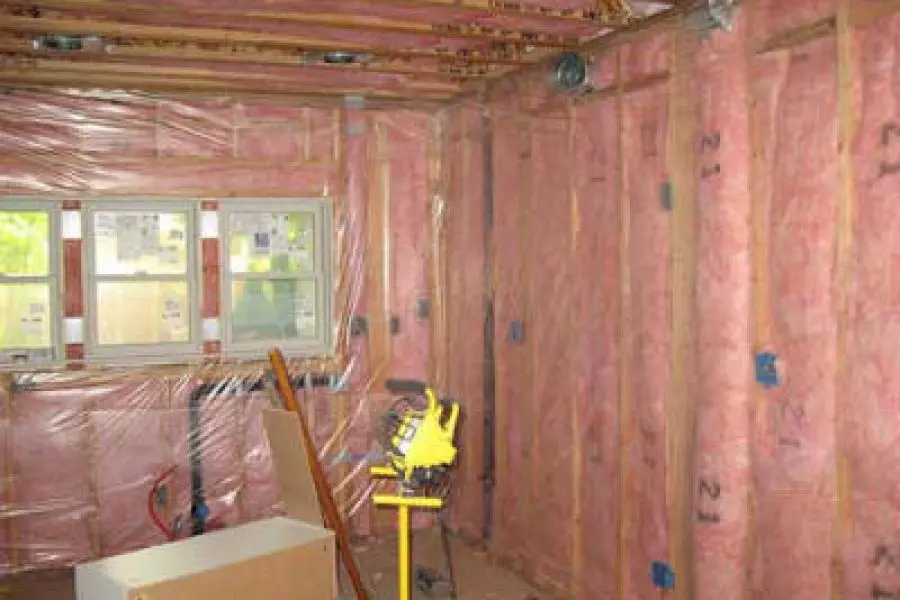
News
Promoting warmer, drier rentals

Friday 23rd of December 2016
Recent changes to the Residential Tenancies Act mean that smoke alarms and insulation are now required in all rental properties.
While smoke alarms have been compulsory in rental properties since July 1, landlords have until July 1 2019 to install insulation up to the latest 2008 standards in their rental properties.
According to Tenancy Services, as landlords get into...
Want to read the full article?
Click the button below to subscribe and will have unlimited access to full article and all other articles on the site.
Latest News
3 min read
2 min read
3 min read
Latest Comments








![[The Wrap] Bye Bye Bayly](https://goodreturns.publit.io/file/c_fill,w_900,h_600/39f23ac1-f7c7-4854-b700-a150004ebbac.webp)